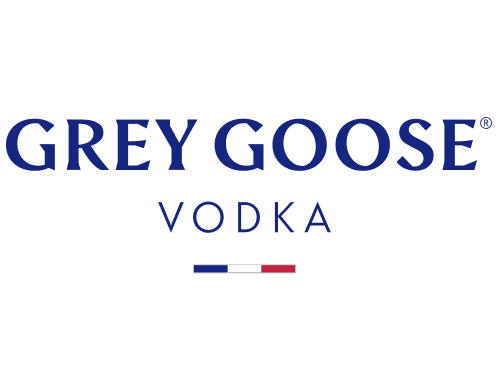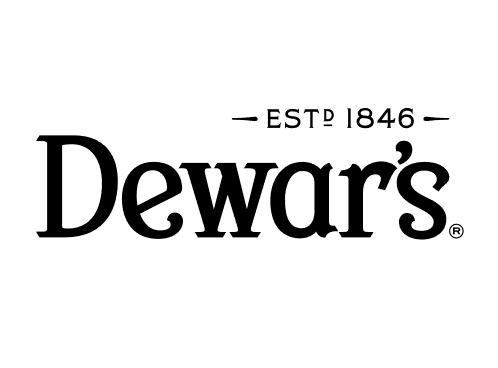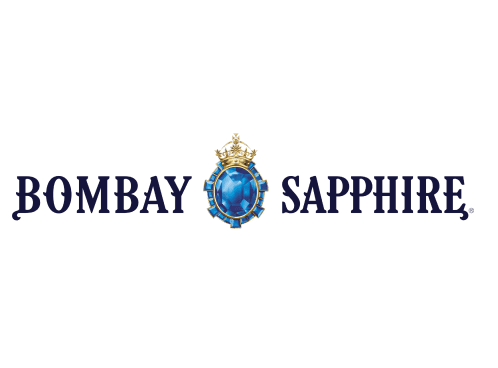Bacardi responds to Fairfood International inaccurate allegations about the Company’s sugarcane sourcing strategy in Central America
Bacardi responds to Fairfood International inaccurate allegations about the Company’s sugarcane sourcing strategy in Central America
Bacardi responds to Fairfood International inaccurate allegations about the Company’s sugarcane sourcing strategy in Central America
October 26, 2015
Bacardi recognizes there are many systemic issues related to sugarcane production including, but not limited to, child labor, forced labor, deforestation, use of banned chemicals and CKDnT. While we understand and appreciate calls to take a closer look at specific issues from many well-meaning and passionate organizations, we developed our sugarcane based sourcing strategy in consultation with industry experts. Bacardi has chosen to support the call from these experts to back the industry-wide approach which created Bonsucro – a global non-profit organization to improve the sustainability of the entire sugarcane industry – as a comprehensive standard in order to tackle all the diverse issues within the sugarcane industry, rather than focusing on single-issue or localized initiatives.
Bacardi supported the creation of Bonsucro with financial resources and the participation of senior management. We remain committed to the success of Bonsucro as the gold standard for sustainable production in the sugarcane sector. Following best practice, Bacardi has also insisted that our suppliers commit to improvements in sustainability practices, on occasion switching supply from organizations that do not show any willingness to take sustainability issues seriously.
Bacardi recognizes the seriousness of CKDnt, however we also believe we are justified in maintaining our support for a whole industry approach; including supporting the revision of Bonsucro’s standard last year to include clauses specifically to address CKDnT.
Bacardi is disappointed that Fairfood chose to single out one of Bonsucro’s members for specific criticism and takes exception to the inaccuracies in the allegations. Bacardi takes the unsubstantiated Fairfood International allegations made about its supply chain and human rights initiatives seriously as the Company operates in full compliance with all trade regulations and laws in each of the countries it does business in.
Specifically, we do not source any product from Nicaragua and we have only continued to work with the two organizations we source from in Guatemala because they have committed to improving their practices and getting and maintaining certified.
To date, one of these mills is already certified to the International Sustainability & Carbon Certification (ISCC) program and the other is expected to certify this year. We recognize that ultimately we want these mills to improve this to the tighter Bonsucro standard, but in a region with such significant challenges we have accepted the ISCC certificate as a first step.
Bacardi has publicly stated as part of its global sustainability initiative called “Good Spirited: Building a Sustainable Future,” that Bacardi strives to obtain all raw materials and packaging from sustainably sourced, renewable or recycled materials while maintaining or enhancing the economic status of growers and suppliers. By 2017, the goal is to obtain 40% of the sugarcane-derived products used to make BACARDÍ rum from certified, sustainable sources – and 100% by 2022. This pledge from Bacardi is an industry first.
The facts about the sugar-related supply chain at Bacardi are:
- Bacardi does not buy sugar from Central or Latin America. Bacardi sugar needs are covered from European sources.
- Bacardi does not buy sugarcane or any related sugar products from Nicaragua.
- Bacardi does buy sugarcane-based pure alcohol from Guatemala, which is made from molasses – a by-product from sugar production.
- The Bacardi impact on the Guatemalan sugar industry – which the entire industry comprises of sugar, molasses and sugarcane-based pure alcohol – is approximately 2.3%.
- Bacardi sources sugarcane-based pure alcohol from two companies in Guatemala. One of these alcohol suppliers has been certified against a European biofuel sustainability program of the International Sustainability & Carbon Certification (ISCC), which is a certification system for sustainability, greenhouse gas emissions, and safe working conditions based on internationally recognized requirements concerning social aspects (International Labor Organization standards 29, 105, 138, 182, 87, 98, 100, 111). The certification is independently audited. The second Guatemalan supplier is on track to be certified in the coming months.
- Bacardi will back efforts for these companies to continue to improve, including working towards Bonsucro certification.


